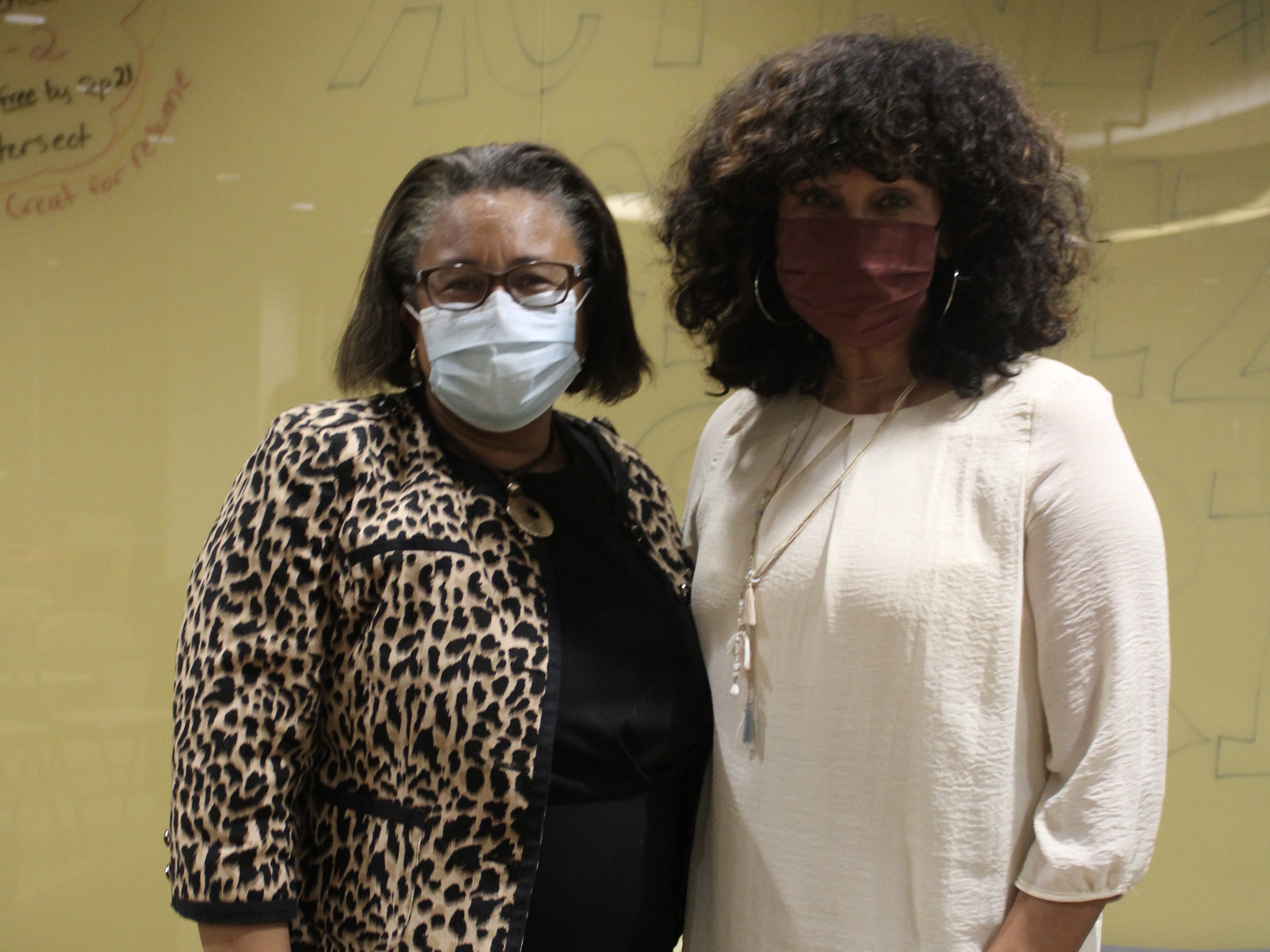The Active Citizens Series event, held Sept. 15, touched on aspects of ethics, history and critical thinking.
Dean of the School of Communications Rochelle Ford and Assistant Professor of strategic communications Karen Lindsey held a discussion with Elon University students on Sept. 15 about how cancel culture can be destructive in a society reliant on social media.
The conversation, titled “Unpacking Cancel Culture,” was part of Elon’s Active Citizens Series, and the conversation centered on the positive impact of courageous conversations, context and critical thinking.
Cancel culture is defined as mass withdrawal of support and shaming stemming from an action that others disapprove of. It is a nuanced topic to define because it is personal and dependent on age and political views.
Ford provided insight from her experience advocating for diversity, equity and inclusion, and approached the topic of cancel culture from an ethical perspective. She emphasized the goal of bringing thoughtfulness to conversations about the polarizing topic.
“When these individuals in states of significance within society make mistakes, it is important to educate on why it is wrong and how they can rectify it,” Ford said.
Lindsey shared insight from her extensive research on the impact of social media on women in leadership. She explained that the instantaneous nature of social media can lead to canceling, and that users should investigate the origin and context of information they share.
“Often, we follow along and don’t think twice about canceling others,” Lindsey said. “It stems from the fear of being canceled ourselves.”
Both Ford and Lindsey agreed that cancel culture is rarely an effective method to get people to reconsider their decisions. They addressed how impacted individuals were often deemed socially irredeemable, resulting in difficulty finding a job or maintaining leadership roles.
Cancel culture does not promote personal growth, they said, as a call to action doesn’t need to be online to be effective.
“I think that there is redemption capable of every human being,” Ford said. “It is important to separate people from their behavior, unless it is a repeated negative behavior.”
The event was sponsored by the Kernodle Center for Civic Life, Elon Votes!, Council on Civic Engagement and Elon Political Engagement Work Group.
Elon University’s Active Citizen Series is designed to cultivate the next generation of informed leaders who will help strengthen communities and shape our democracy. This series allows students to gain a deeper understanding of how government works and to develop the necessary skills to engage in civil discourse across political divides.



